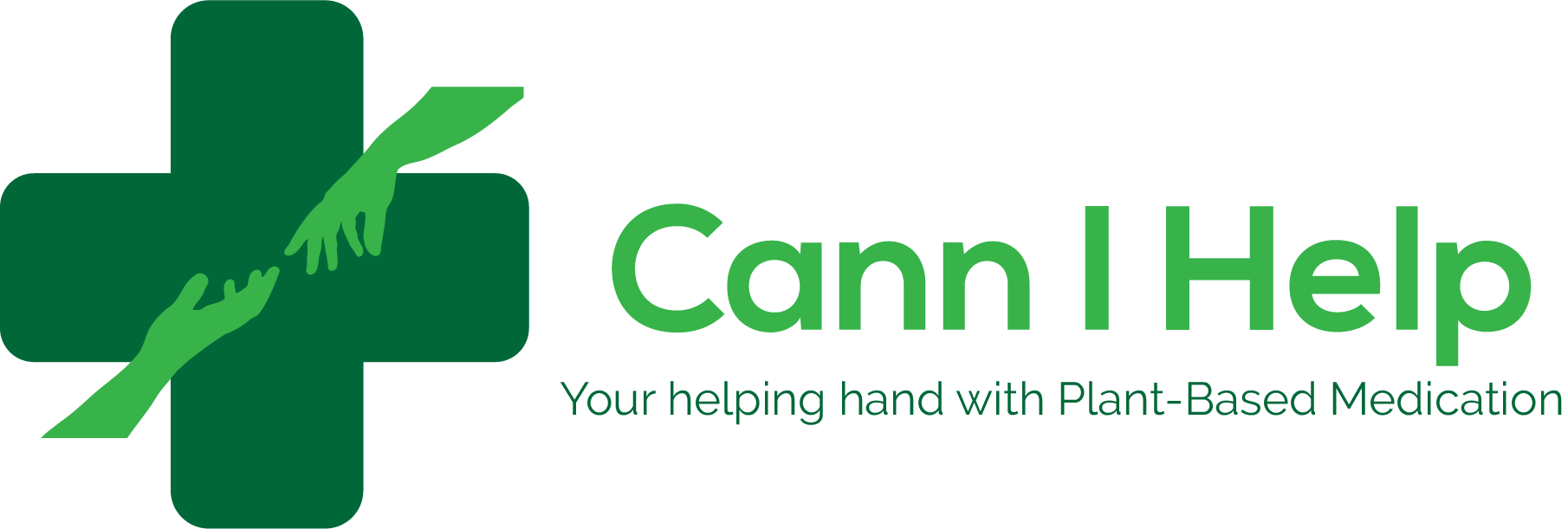To date, the Therapeutic Goods Administration (TGA) has approved the use of plant based treatment for more than 50 conditions, including chronic pain, epilepsy, multiple sclerosis, cancer symptom management, and multiple mental health conditions.
The Australian Medical Cannabis industry is tightly regulated at the Federal, State and Territory levels and requires manufacturers and healthcare professionals to abide by strict processes and standards to ensure patient wellbeing is protected.
The regulations are founded on extensive research to support the effective and safe use of non-traditional medicine as an alternative treatment option. Unfortunately, misconceptions continue to persist with many doctors and patients misunderstanding the potential benefits and risks of treatment.
How patients are protected
Any patient seeking plant medicines as an alternative to more traditional treatments are required to provide evidence that they suffer from a clinical condition which has been shown to respond positively to alternative treatment.
Some of the conditions the TGA allows treatment for based on previous scientific evidence include:
- Severe muscular spasms and other symptoms of multiple sclerosis
- Chemotherapy-induced nausea and vomiting
- Some types of epilepsy with severe seizures
- Palliative care (cachexia, nausea and vomiting, pain)
- Some forms of chronic non-cancer pain
- Anxiety, PTSD, and other mental health conditions.
The TGA requires a patient to have sought traditional treatment pathways that have been unsuccessful, or the medication has caused side-effects or been poorly tolerated, prior to turning to plant-based treatment. It is only then that herbal health remedies can be prescribed, which generally begins with a lower dose and slowly increased as the patient is monitored.
At Cann I Help, our process begins with a free eligibility assessment with our specialist nursing team and eligible patients are then offered an initial doctor consultation. Throughout the patient’s journey, our team arranges several check points to monitor the medication’s effects and determine whether any changes need to be made to ensure the best possible outcomes are achieved. Patients are followed up a regular interval by their doctor and by our nursing team.
Given that plant based therapies are protected under these extensive regulations and prescribed under comprehensive healthcare guidance, the potential for adverse long-term health effects is significantly reduced.
What the research says
The adverse effects of plant-based medicines have been studied extensively. However, much of the research has focused on uncontrolled illicit usage as opposed to carefully controlled medical use.
The Australian Journal of General Practice (2021) states that use of new, alternative medicines is considerably safer than recreational drug use and concludes that prescription of non-traditional medicines for adults is unlikely to have adverse effects on long term cognitive function.
The type of side effects a patient can expect will depend on the type of preparation prescribed, the route of administration, and the dosage.
Whilst CBD is generally very well tolerated, the THC component of the plant can commonly cause dizziness, drowsiness, and short-term memory impairment. In all cases, it important to follow clinical advice to minimise the risk of side effects and to ensure patient safety.
It’s worth noting that, when compared to alternative medications such as opiates, the side-effect of cannabinoids compares favourably and, in some cases, plant based options like those issued by Cann I Help can reduce the need for opioids, which can be addictive.
Other alternative medicines?
Given the rate of chronic pain being experienced by more and more Australians, it is not surprising that alternative medicines have become more openly discussed and considered.
Research is continually emerging regarding the efficacy and effects of such options but, like any new treatment, patients are advised to seek guidance and professional advice from a healthcare practitioner.
How do I know if plant-based medicine is right for me?
Cann I Help offers free assessment sessions with our judgement-free team of healthcare professionals and compassionate nurses who can assist you in determining whether plant based treatments could be right for you.
Enquire today through our new patient booking form to find out more.
Sources:

